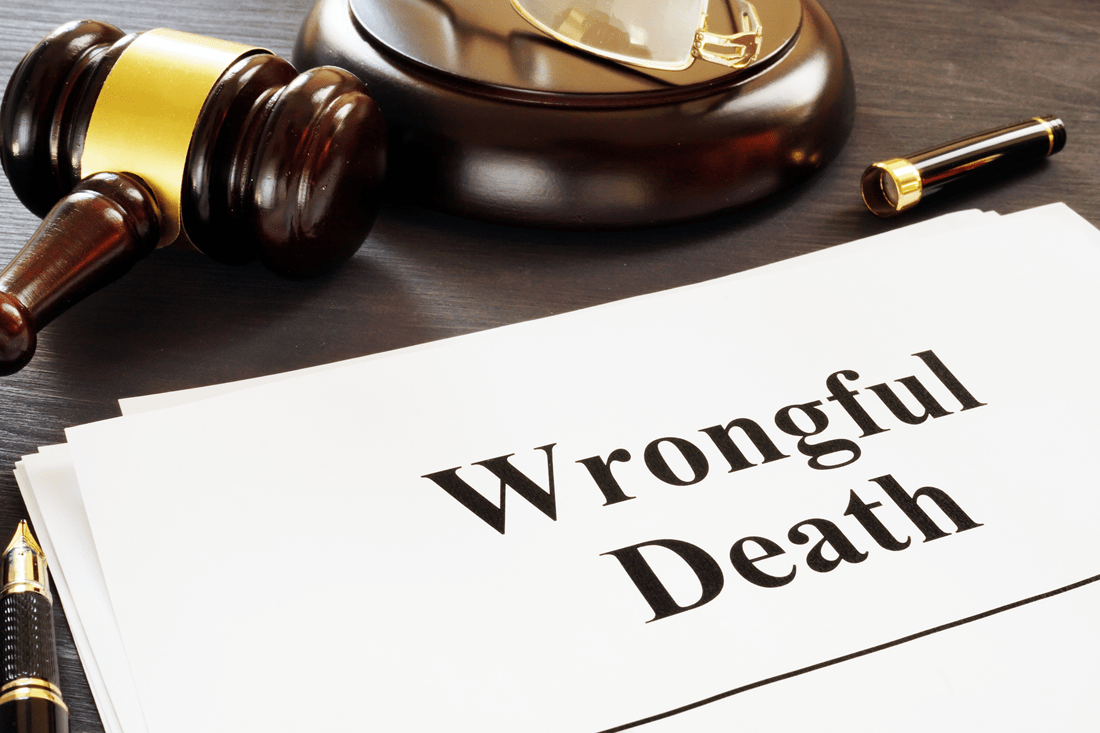When you lose a loved one, it can feel like your entire world has come crashing down. Not only do you have to find a way to go on without that person in your life, but you also have to consider how you will cover their medical bills and funeral expenses. If another person’s actions or negligence caused their death, you may also want to ensure they are held accountable.
By filing a wrongful death lawsuit, you can seek monetary compensation for the death of a loved one, but the law limits the time you have to file your claim. Read on to find out more about Pennsylvania’s statute of limitations on wrongful death claims and why you should speak with a personal injury attorney as soon as possible.
How Long Do You Have to File a Wrongful Death Claim in New Jersey and Pennsylvania?
The laws regarding wrongful death claims are different from state to state. In Pennsylvania, you generally have two years from the date of your loved one’s death to file a lawsuit. If you miss that deadline, you will lose the right to seek compensation; however, there are some exceptions.
The “discovery rule” applies to wrongful death claims in circumstances where negligence or malicious acts are not immediately discovered. For example, if your loved one died after a medical procedure, it may not be apparent that their death was caused by medical malpractice until an investigation is completed. If an investigation reveals that the anesthesiologist administered the wrong dosage, they could be liable for your loved one’s death.
The discovery rule can also come into play in product liability cases. Say your loved one died from lead poisoning, but you were unsure of the source of the lead in question at the time of their death. If you would later find out that they were exposed to lead from an unsafe product, you would have two years to file your claim from the date of this discovery.
Other Exceptions to the Wrongful Death Statute of Limitations
The statute of limitations can be extended when the plaintiff is under 18. For example, if you lost one of your parents as a child and later discovered it was due to another person’s negligence, the two-year statute of limitations would not begin to run until you turn 18.
If you miss the deadline to file your lawsuit, you may also be able to petition the courts to waive or extend it. Extending the statute of limitations is known as “tolling.” A judge may be willing to toll the statute of limitations or waive it entirely under specific circumstances, but it won’t be easy. A wrongful death attorney may be able to assist you in obtaining a toll or waiver. In addition, you can petition the defendant to extend the statute of limitations. While your chances of success are unlikely, the defendant may be willing to grant you this exception if they feel guilty and want to rectify their actions.
Wrongful Death Attorneys in Pennsylvania and New Jersey
Any time you lose a loved one, it’s a good idea to speak with an attorney so you can get the best advice regarding your rights. Even if it’s not immediately evident that their death was caused by the actions of another person, you may discover this is the case upon closer investigation.
You should also be aware that, while the discovery rule does apply to wrongful death cases in PA and NJ, it can be difficult to prove that you couldn’t discover the true cause of your loved one’s death until after the statute of limitations had expired. If you want to have the best chance of being successful, you will need advice and representation from an attorney. An attorney may also be able to help you if you missed the statute of limitations and need to petition the courts for an extension.
Of course, your path to receiving compensation will be much simpler if you file your lawsuit within the statute of limitations. That’s why it’s important to speak with a wrongful death attorney in Philadelphia as soon as possible if you think another person may have been responsible for your loved one’s death. Call Malamut Law today at (866) 4 MALAMUT to schedule your free consultation.


